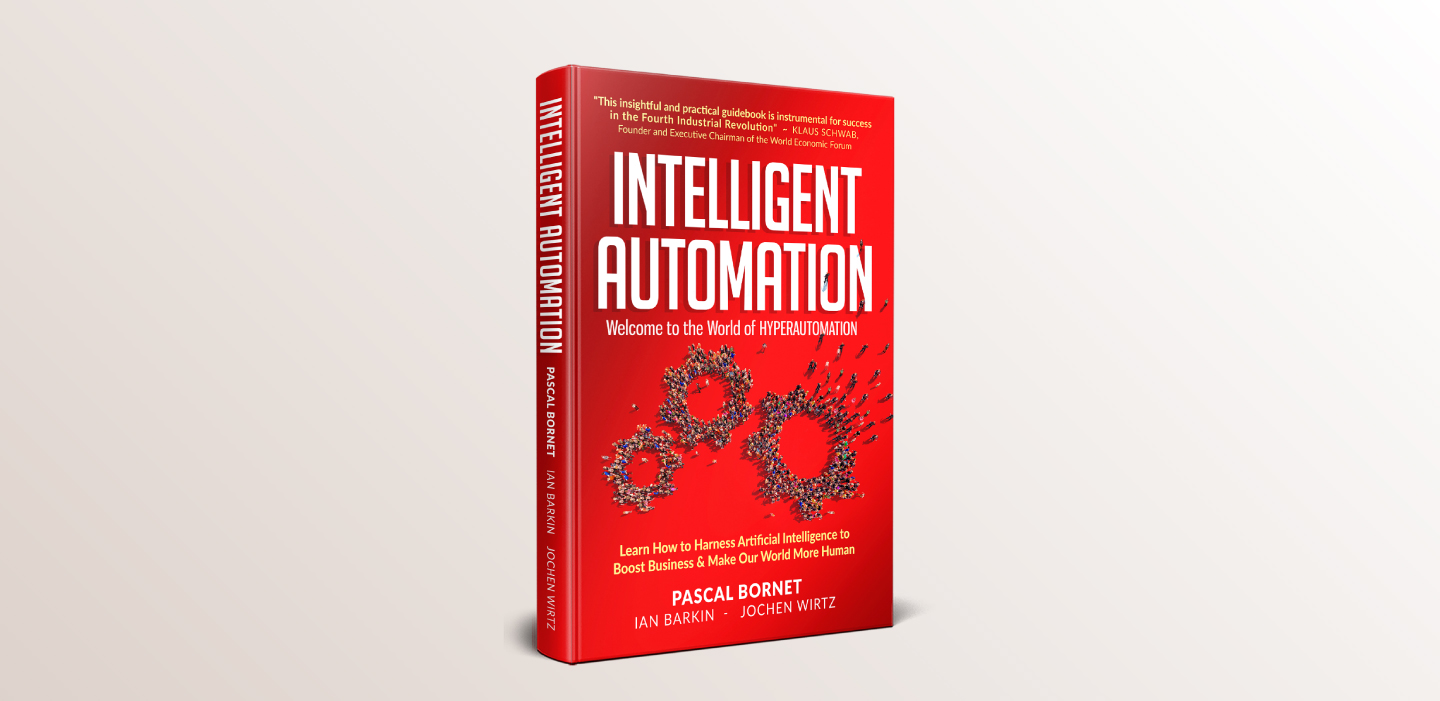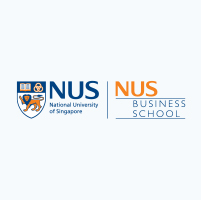Chatbots, biometrics identification and video analysis are just some of the artificial intelligence (AI) technologies that have grown more common in our lives. They have replaced manual tasks such as manning a telephone line for enquiries, checking security credentials and screening through long videos.
A new book “Intelligent Automation: Learn how to harness Artificial Intelligence to boost business & make our world more human”, sheds light on how these intelligent automation (IA) technologies can help organisations realise efficiency gains from 20 to 60 per cent, as well as make the world a better place.
The new book is already getting some attention among global thought leaders.
According to Arianna Huffington, CEO, Thrive Global, “This book is essential reading for anybody who cares about the future of work.”
Dr Luc Julia, co-creator of Apple Siri, said, “Through their hands-on experience, the authors provided a practical guide to what can technologies achieve in businesses today.”
BIZBeat speaks to the three authors — Professor Jochen Wirtz, Vice Dean, MBA Programmes, and Professor of Marketing at NUS Business School, industry expert Pascal Bornet, who is also an NUS Executive MBA alumnus, as well as Ian Barkin, Chief Strategy & Marketing Officer at SYKES.
Q: What is the impetus behind this book?
Pascal Bornet: The primary purpose of this book is to share our passion for this new concept called IA that we strongly believe can improve our world significantly. With this book, we would like to inform, inspire, and educate more people on the power of IA. In addition, while many books have been published on AI, machine learning, or robotics, a comprehensive reference book has never yet been written on the topic of IA. It seemed essential to us to work towards establishing IA as a field, with its own frameworks, use cases, methods, and critical success factors.
Q: The book shows more than 100 IA transformation successes (and failures), and also has more than 500 IA use cases on the book’s website. Do you have an IA example that is close to your heart in real life?
Jochen Wirtz: In our book, we discuss the democratisation of IA, which means that the technology will become so easy to deploy that almost anyone who uses Excel today will be able to use tools such as robotic process automation (RPA) in future. A good example is a chatbot system recently developed by our MBA admissions team. It was developed in-house by a team member who had never before worked with RPA. We tested the bot for two weeks and then launched it. In the first month alone, it had over 20,000 conversations with potential candidates – can you imagine the productivity increase of our admissions team who can then focus on the more interesting and difficult questions and help candidates in their decision making? Have a look at this bot and test it – mba.nus.edu.sg/.
Q: What is one key takeaway that you hope readers can get from the book?
Ian Barkin: Well, we are living in an exciting world, at a fascinating time, when technological progress is exponential and continuously improving our lives. Surprisingly, it might be technology that will make us rediscover what makes us human. The IA revolution that is underway will mainly be about just that. It will be about relearning how to live in harmony with our planet and with other people.
“Intelligent Automation: Learn how to harness Artificial Intelligence to boost business & make our world more human” is now available at intelligentautomationbook.com.




